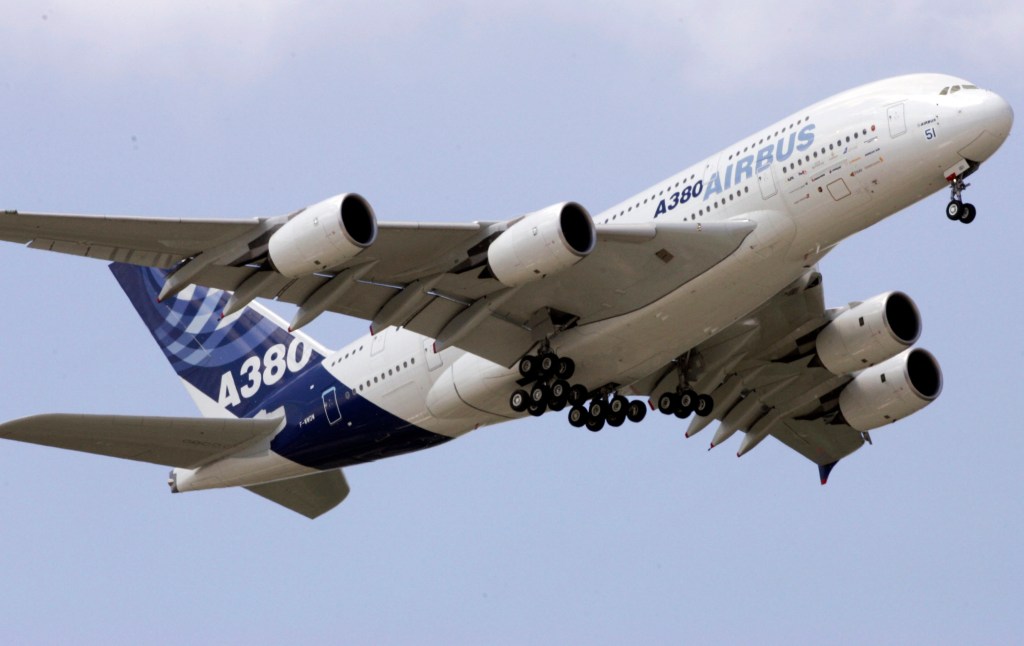‘See it before it’s gone’ is not the travel promotion we want for the future.
Key Takeaways
- Aim to move sentiment to mobilise to be a part of a movement for global change
- Needs to be a 5-10 year plan for the travel industry to change its relationship with the biosphere
- Australia faces a daunting challenge to achieve net zero by 2050

How’s this for a statistic: 1% of the world’s travellers produce 50% of aviation industry emissions.
Of all the industries being targeted to work harder to hit net zero emissions by 2050, commercial aviation has probably the greatest challenge, says Adam Carrel, Partner in Climate Change and Sustainability at EY.
“How will it accommodate growth with the aims of net zero by 2050 when it is the only one of those industries associated with privilege. Others such as coal, upstream oil and gas, cement, steel, beef, can argue that by reducing staff, production, size and scale it is poor people who are being hurt. Commercial aviation sits in a very different experience,” says Carrel, ahead of presenting more insights on the topic at Flight Centre Corporate’s Illuminate conference in Sydney and online on 20 October.
“What industry could have more reason to sustain nature?” Carrel says. “The marketing angle should not start with ‘Go and see it before it is gone’. We need to completely change the mindset of the modern traveller to be an ambassador for sustainability. We need to activate the well-off people to accept it is their problem to solve and understand it is a truly global challenge.
“The travel industry can sit and wait, or it can cultivate this change in mindset in a way it never has at scale before.”
– Adam Carrel, Partner in Climate Change and Sustainability at EY.
Carrel says there is not a single corporation on Earth that can say it is technically “sustainable”. Efforts so far have been quite marginal and “there must be a move away from tokenism towards action in an expedited timeframe”.

“There needs to be a 5-10 year plan for the travel industry to change its relationship with the biosphere. The consumer must insist on change and take ownership for their impact. The more privileged you are, the more you should pay,” he says.
One of the difficulties becomes the infighting among the various parts of the travel industry, he says. “We need the many parts of the travel industry to step up and co-operate. So many areas seem to obstruct each other and prevent change.”
He is not trying to sound pessimistic, because he passionately points out that “you can’t give up on something if you haven’t really tried”.
“How would it look to really mobilise this for people and for corporations? That is what we have to see. You can move sentiment to mobilise to be a part of a movement for global change.”